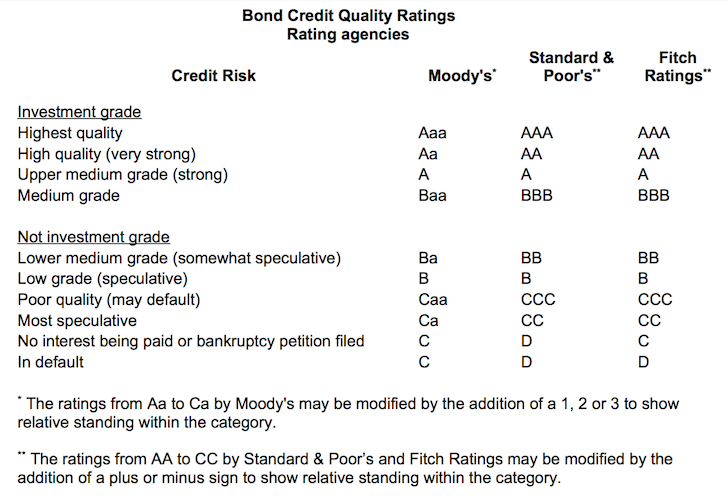

Revenue bonds of all types are typically limited in collateral i.e., only the revenue pledged can be looked to for bond repayment. Examples include hospital financings, where the hospital pledges its operating revenues as collateral for the bonds. To take advantage of revenue bonds, the entity or project generally must pledge its business revenue toward repayment of the bonds. Revenue bonds are paid from a dedicated source, such as tolls, stadium receipts, special taxes, etc.
#MUNICIPAL BOND DEFAULTS FULL#
General obligation bonds are issued directly by state and local governments and are backed by the full faith and credit of the issuer, generally because they can raise taxes and otherwise pay the debt from other general governmental revenue.

Depending on the transaction and purpose, the bonds are structured and issued either as general obligation or revenue bonds, or revenue bonds with additional collateral. Other users of special-purpose bonds include colleges/universities, low-income housing, home developers, certain types of small manufacturing operations, certain types of hotel/convention centers, airports, solid waste disposal facilities, sewer systems, cultural institutions, etc. Over the years, special-purpose bonds have been used to finance major projects for nonprofit entities, particularly those involved with healthcare, such as hospitals, nursing homes, and continuing care retirement communities. The term “nonprofit” is a tax designation, not necessarily an indication of a charitable mission. This article explores those considerations and differences. In certain situations, rather than an authority, a municipality creates a taxing district that issues bonds for certain land/infrastructure development projects that are then repaid by a special tax on residents of the district.ĭue to the unique nature of municipal bonds, restructuring them in the event the issuer defaults posts a host of considerations that differ from other forms of debt. The legal structures used vary from situation to situation and from state to state, but they generally take the form of loans, leases, or lease-leasebacks. cities and states have created “municipal authorities” as the technical issuer of special-purpose tax-exempt bonds that “loan” the proceeds to eligible entities and projects. In fact, federal tax laws treat a wide array of entities and projects as eligible for “municipal financing.” Most people think of municipal bonds as debt issued by state and local governments and their agencies and authorities. Recently co-authored article in the Journal of Corporate Renewal (JCR), the official publication of the Turnaround Management Association (TMA).
#MUNICIPAL BOND DEFAULTS LICENSE#


 0 kommentar(er)
0 kommentar(er)
